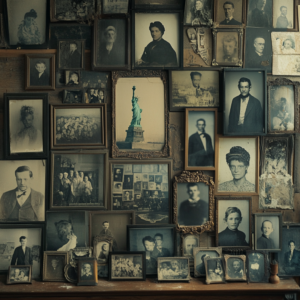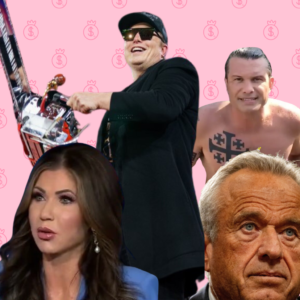TikTok isn’t just another app on your phone—it’s a global phenomenon that’s reshaped how we connect, create, and consume content. Whether you’re laughing at dance trends, diving into heated political debates, or mesmerized by oddly satisfying cooking tutorials, TikTok’s influence is undeniable. But in the United States, this app has become a battleground for debates about creativity, privacy, and national security. So, what’s really going on with TikTok, and why can’t we seem to agree on its place in our lives?
Where Did TikTok Come From?
A Tale of Two Apps
TikTok’s origin story is anything but conventional. It’s not the classic tale of a Silicon Valley garage startup. Instead, its roots are tied to two separate but connected platforms:
- Musical.ly (2014): Born in Shanghai, this app allowed users to lip-sync to music in short, 15-second clips. It was quirky and fun, quickly amassing a loyal teen following.
- Douyin (2016): Created by Chinese tech giant ByteDance, Douyin was a domestic app for China that harnessed cutting-edge machine learning to predict user preferences with uncanny accuracy.
In 2018, ByteDance acquired Musical.ly, merging it with Douyin’s technology to create TikTok, a single app poised for global domination.
What Makes TikTok So Addictive?
At the heart of TikTok’s success is its powerful recommendation algorithm:
- It doesn’t just track likes or follows; it monitors every pause, replay, and scroll to learn what keeps you hooked.
- The result? A feed curated so precisely it feels like the app knows you better than you know yourself.
This algorithm fuels TikTok’s unique appeal. One minute, you’re watching funny cat videos; the next, you’re learning about obscure historical facts or discovering an indie artist.
Who’s on TikTok?
While TikTok’s initial audience was primarily Gen Z, its user base has expanded dramatically. By 2023, TikTok boasted over 1 billion active users worldwide. Why? It’s authentic, raw, and unfiltered—everything people love in an era of over-polished content.
TikTok Sees Itself as a Social Shopping App
Most Americans associate TikTok with viral videos, but TikTok does not see itself as merely an entertainment app. TikTok’s core mission is to revolutionize social shopping by fully embracing the influencer marketing model and giving them a way to vertical integrate influencing and selling, all on the same app.
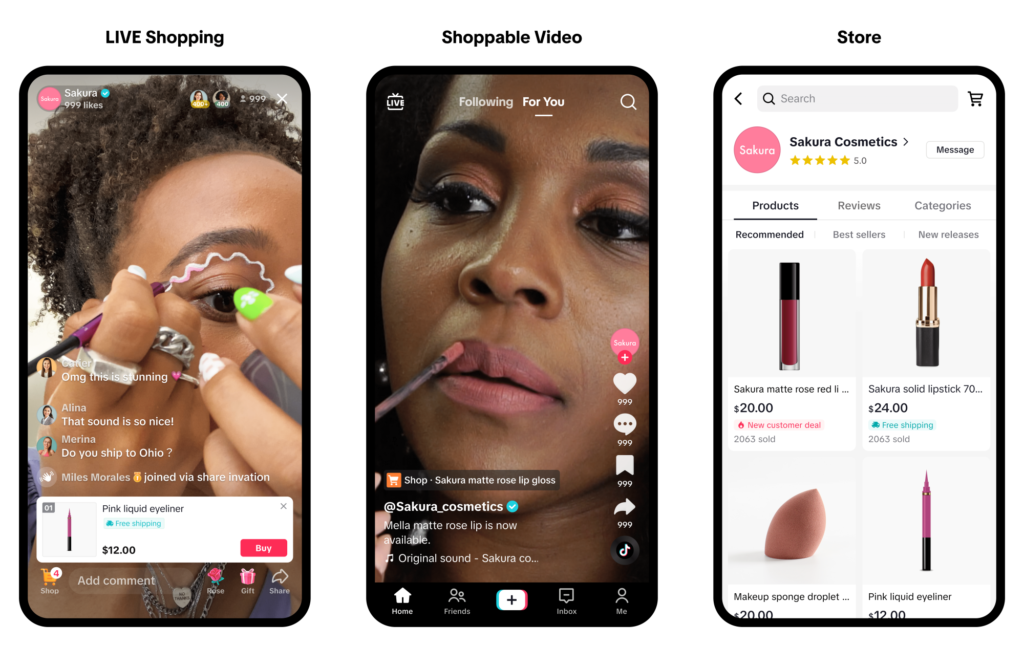
Why Is TikTok So Controversial?
TikTok’s meteoric rise hasn’t been without its critics, especially in the U.S., where debates about its safety and motives dominate headlines.
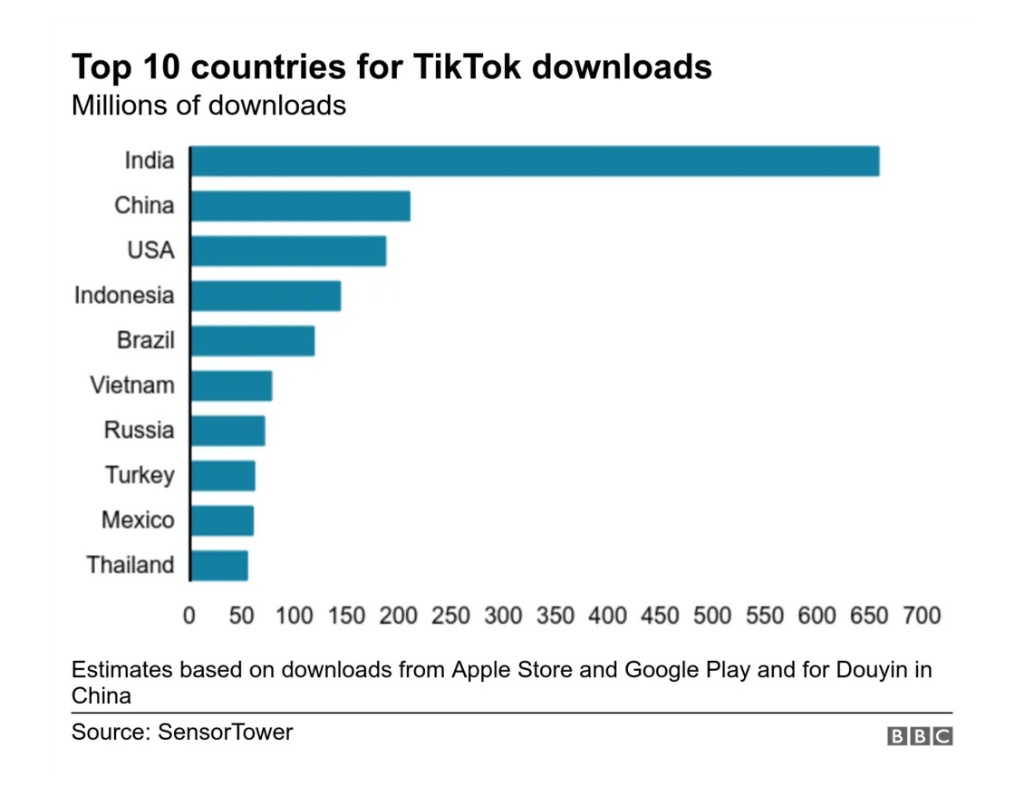
The Data Privacy Debate
Like most social media apps, TikTok collects user data—location, device information, viewing habits, and more. What sets it apart is its Chinese ownership. ByteDance’s ties to China have sparked concerns over whether this data could be accessed by the Chinese government.
The anxiety stems from China’s National Security Law, which could, in theory, compel companies to share information with the government. While ByteDance denies sharing data with Chinese authorities, critics argue the risk is too great to ignore.
Censorship and Influence
Beyond data, there are worries about TikTok’s potential to shape narratives. Could the app suppress content critical of China or promote pro-China propaganda? Some evidence suggests the platform has moderated content in ways that align with Beijing’s interests, though TikTok insists on its independence.
Global Reactions
- India: Banned TikTok outright in 2020, citing national security concerns.
- United States: Both the Trump and Biden administrations have scrutinized TikTok, with bans proposed but not fully implemented.
- Australia and Europe: Investigations into TikTok’s data handling and transparency are ongoing.
Despite efforts to address these concerns—like storing U.S. user data domestically—skepticism remains high.
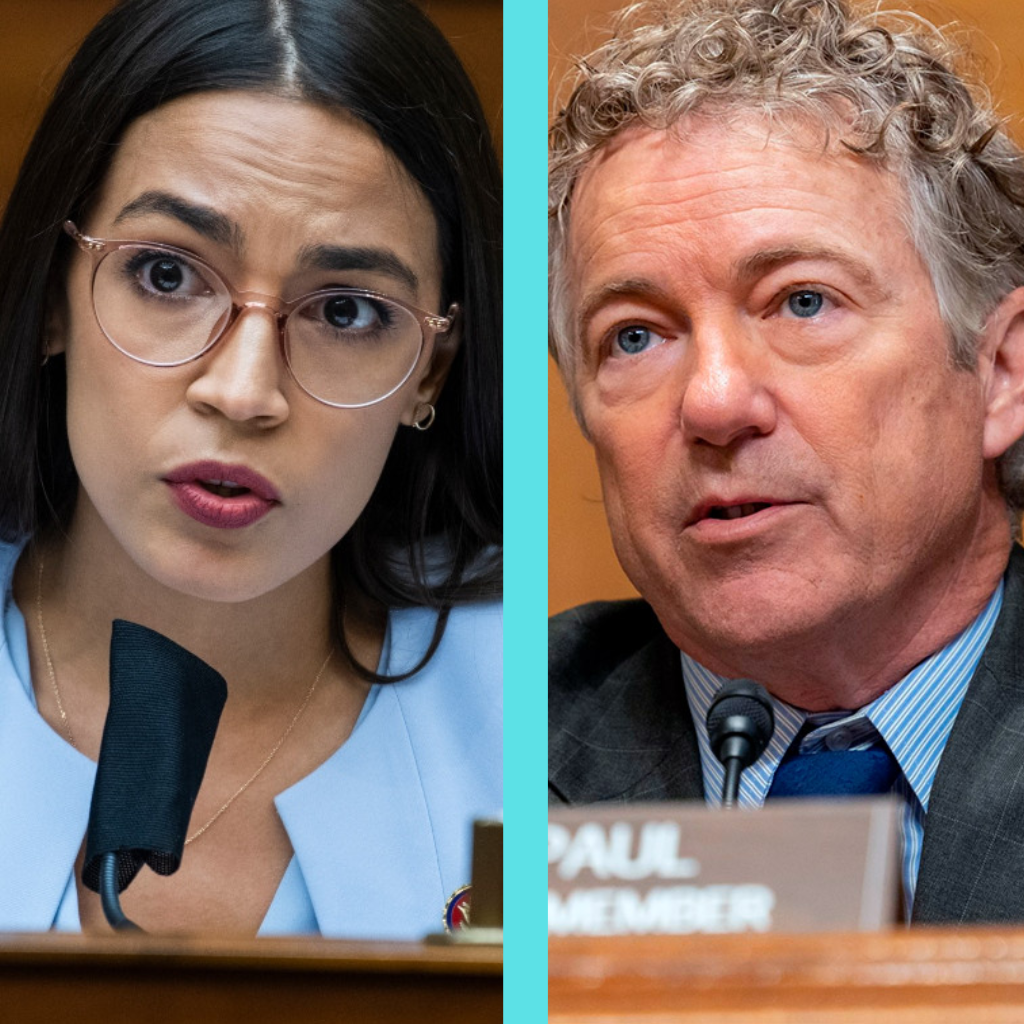
The TikTok Ban Debate in the U.S.
In the U.S., TikTok has become a political lightning rod, dividing lawmakers and the public alike.
The Trump Era Push
In 2020, former President Trump attempted to ban TikTok, claiming it was a national security threat. The move faced backlash, with critics arguing it was more about political theater than legitimate risks. Trump’s push also coincided with a viral prank where TikTok users sabotaged attendance at one of his rallies.
The Biden Administration’s Approach
In 2023, President Biden signed legislation banning TikTok on federal government devices. While this marked a step back from an outright ban, the debate about TikTok’s future rages on. Public opinion has shifted too: a 2020 poll showed 50% of Americans supported banning TikTok, but by 2023, that number had dropped to 32%.
What Are Lawmakers Saying?
- Pro-Ban Advocates: Lawmakers like Senator Josh Hawley view TikTok as a clear threat to national security.
- Moderate Voices: Leaders like Senator Schumer suggest TikTok could continue operating if ByteDance sells it to a U.S.-based company.
- Skeptics of a Ban: Critics argue that banning TikTok could set a dangerous precedent for free speech and lead to broader government overreach.
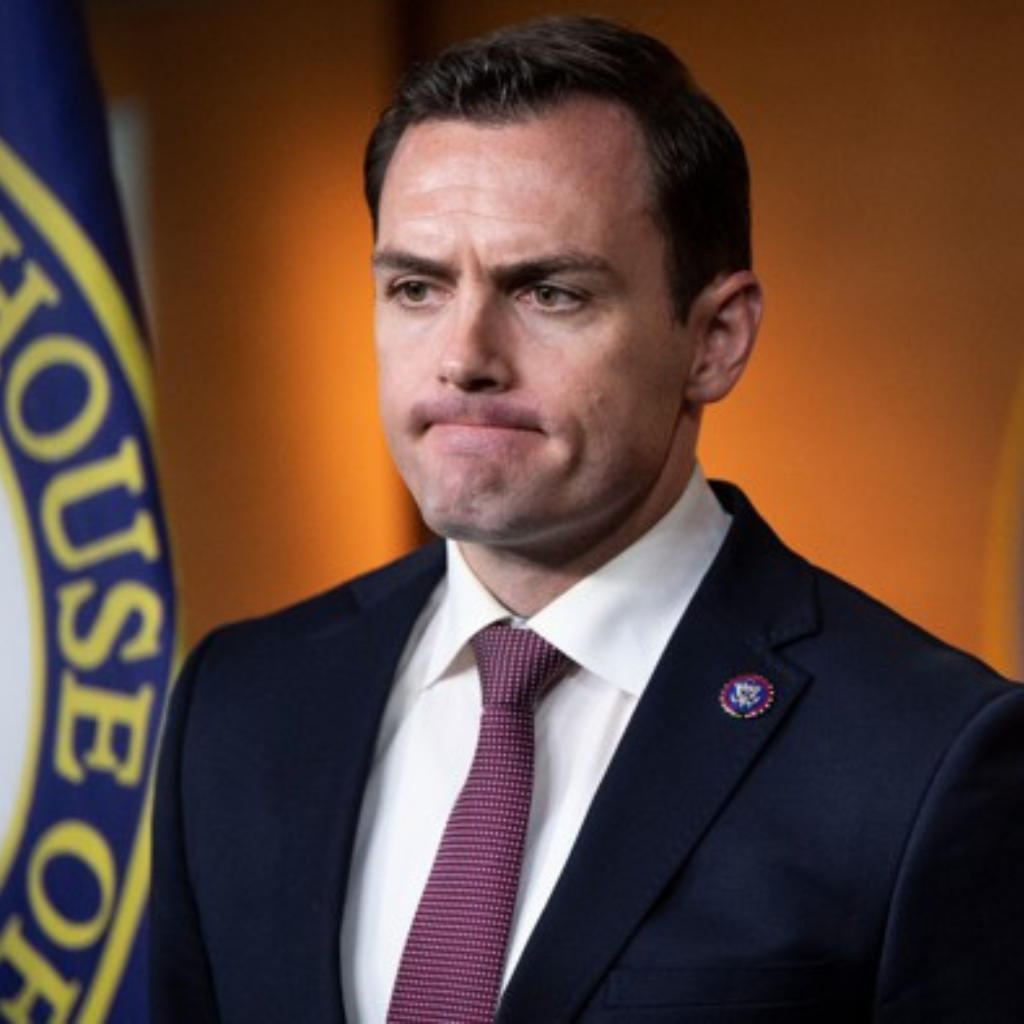
How TikTok Is Shaping Culture
TikTok’s influence extends far beyond funny videos. It’s changing the way we interact with culture, politics, and commerce.
Cultural Movements
- Virality: Trends like the “Renegade” dance or #BookTok have revived songs, books, and even entire genres.
- Real-Time News: During events like the 2023 Israel-Palestine conflict, TikTok became a hub for citizen journalism and diverse perspectives.
Business Innovation
- Social Commerce: TikTok’s live shopping features mirror Douyin’s success in China, where livestream sales have become a multi-billion-dollar industry.
- Advertising: TikTok’s ad platform is revolutionizing how brands reach younger audiences, blending entertainment with marketing seamlessly.
Political Engagement
TikTok has empowered younger generations to participate in activism. Movements like #BlackLivesMatter and #ClimateChange have gained momentum, proving the platform’s potential to amplify voices often ignored by traditional media.
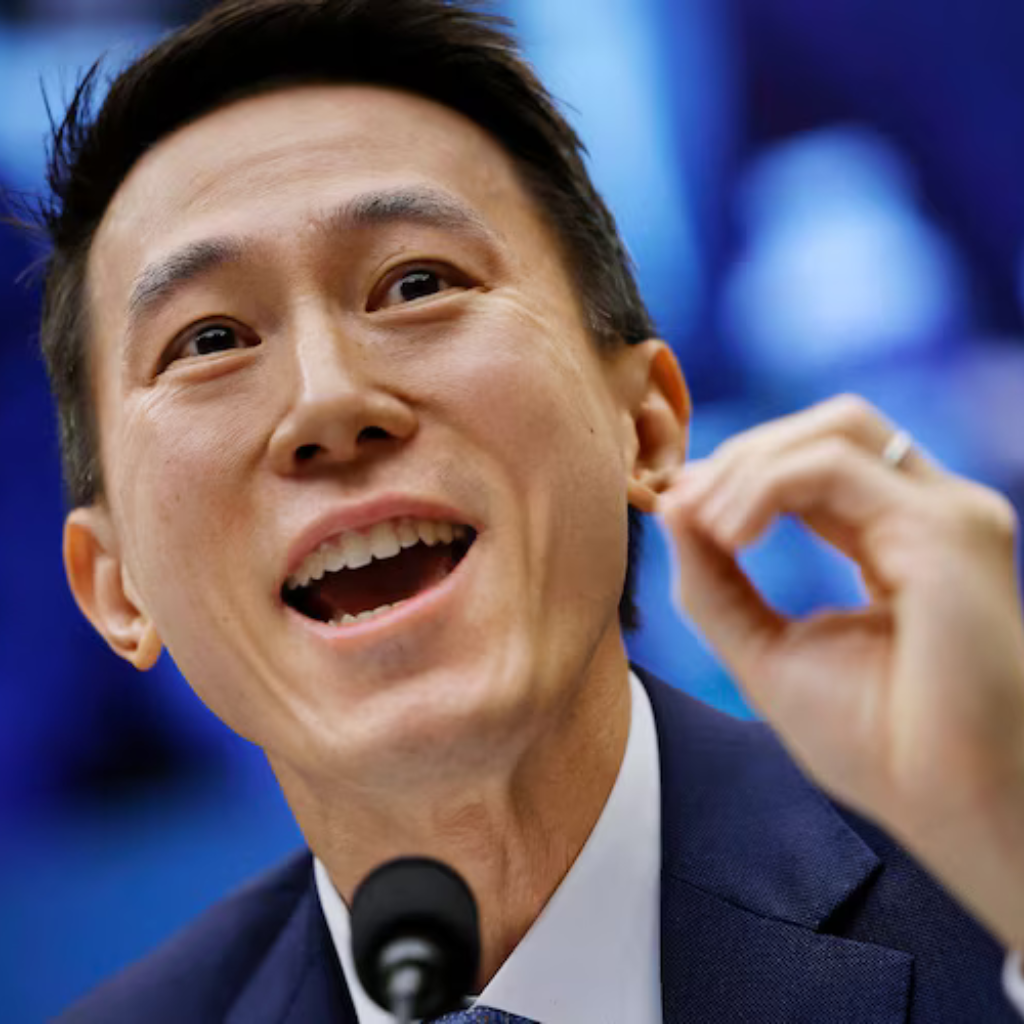
What Happens If TikTok Disappears?
A TikTok ban would have far-reaching implications:
- Freedom of Speech: Critics argue banning TikTok undermines the open internet and Americans’ right to access diverse content.
- Social Media Oversight: Should the U.S. regulate all platforms more strictly, rather than targeting a single app?
Where Would Users Go?
If TikTok were banned, some users might turn to similar platforms like Instagram Reels or YouTube Shorts. Others might explore newer apps like Xiaohongshu, though its Chinese origin could present similar challenges.
Final Thoughts
TikTok is more than just an app; it’s a cultural phenomenon, a political flashpoint, and a reflection of the complexities of the digital age. As Americans debate its future, one thing is clear: TikTok has already reshaped the way we connect, share, and engage with the world. Whether it remains a staple or becomes a cautionary tale, its impact will be felt for years to come.



